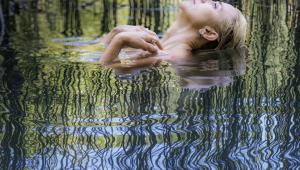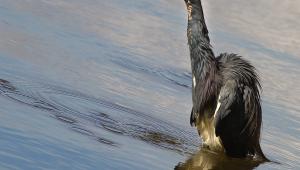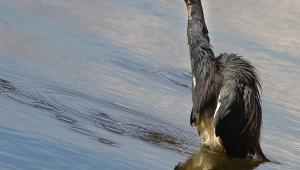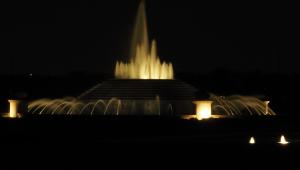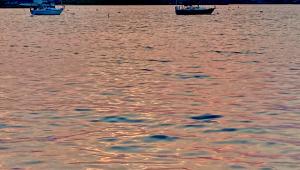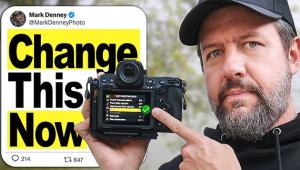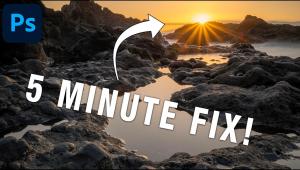- REVIEWS
Camera Reviews 
More Reviews 
Mobile Reviews Photography Reviews - NEWS
- FEATURES
- HOW-TO
- GALLERIES
- VIDEOS
- BUYER'S GUIDES
Please briefly describe what filter (s) you use and why.
Please briefly describe what filter (s) you use and why.
Yes, there are still good reasons to use lens filters.
62% (187 votes)
No, I don't use any filters over my lenses.
36% (108 votes)
I am not sure what use filters are these days so haven't made up my mind.
2% (5 votes)
Total votes: 300
| Camera Reviews Other Reviews | Mobile Reviews Photography Reviews Columns | News | Features | How-To | Resources |
 © 2025 Shutterbug
© 2025 ShutterbugAVTech Media Americas Inc., USA
All rights reserved


